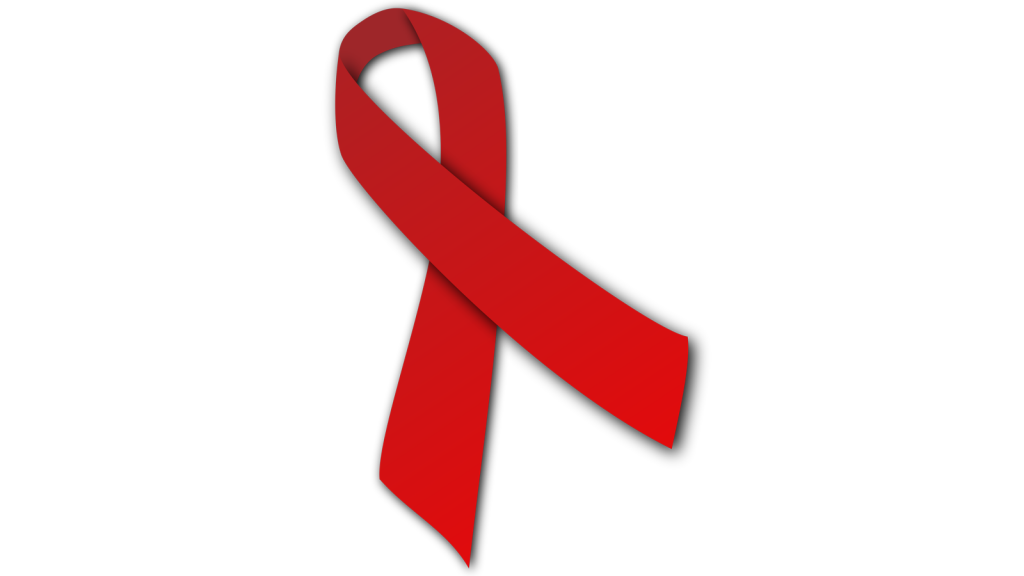In a study published yesterday (May 2) in The Lancet, researchers report that out of 782 gay male couples where one individual was HIV positive and receiving antiretroviral treatment, there was no HIV transmission to the HIV-negative partner from unprotected sex. “The risk of HIV transmission in gay couples through condomless sex when HIV viral load is suppressed is effectively zero,” the authors write in their report.
A previous study reported 96 percent reduction of HIV transmission in heterosexual couples in which HIV-positive individuals were treated with antiretroviral drugs. That study only included a small number of men who have sex with men.
The PARTNER study reported inThe Lancetstudy was conducted in two phases: PARTNER1 recruited heterosexual and gay couples that had serodifferent partners, where one person in the couple was HIV-positive and taking antiretroviral treatment (ART). PARTNER2 only recruited gay male couples that were serodifferent. The researchers followed up with the volunteers for a median of two years, during which they reported if they had sex without a condom. Although 15 of the HIV-negative men did acquire HIV during the study, scientists confirm in the report that genetic testing showed that the viruses were different strains contracted from other sexual partners.
“The PARTNER study has given us the confidence to say, without doubt, that people living with HIV who are on effective treatment cannot pass the virus on to their sexual partners,” Michael Brady, who is the medical director at Terrence Higgins Trust and was involved with recruitment for the studies, tells Business Insider. This study “has for ever changed what it means to live and love with HIV around the world,” Bruce Richman of the Prevention Access Campaign who is not involved with the study says to The Guardian.
Experts say that wider access to testing and treatment is necessary to bring number of cases down. “These important results serve to inspire and challenge us,” says Myron Cohen of the University of North Carolina who is not involved in the study in a commentary in The Lancet. Cohen says that in addition to access, there still is fear, stigma, homophobia, and other social forces that are preventing more people from getting treated.
“The results of the PARTNER2 study provide yet one more catalyst for a universal test-and-treat strategy to provide the full benefits of antiretroviral drugs. This and other strategies continue to push us toward the end of AIDS,” says Cohen.







